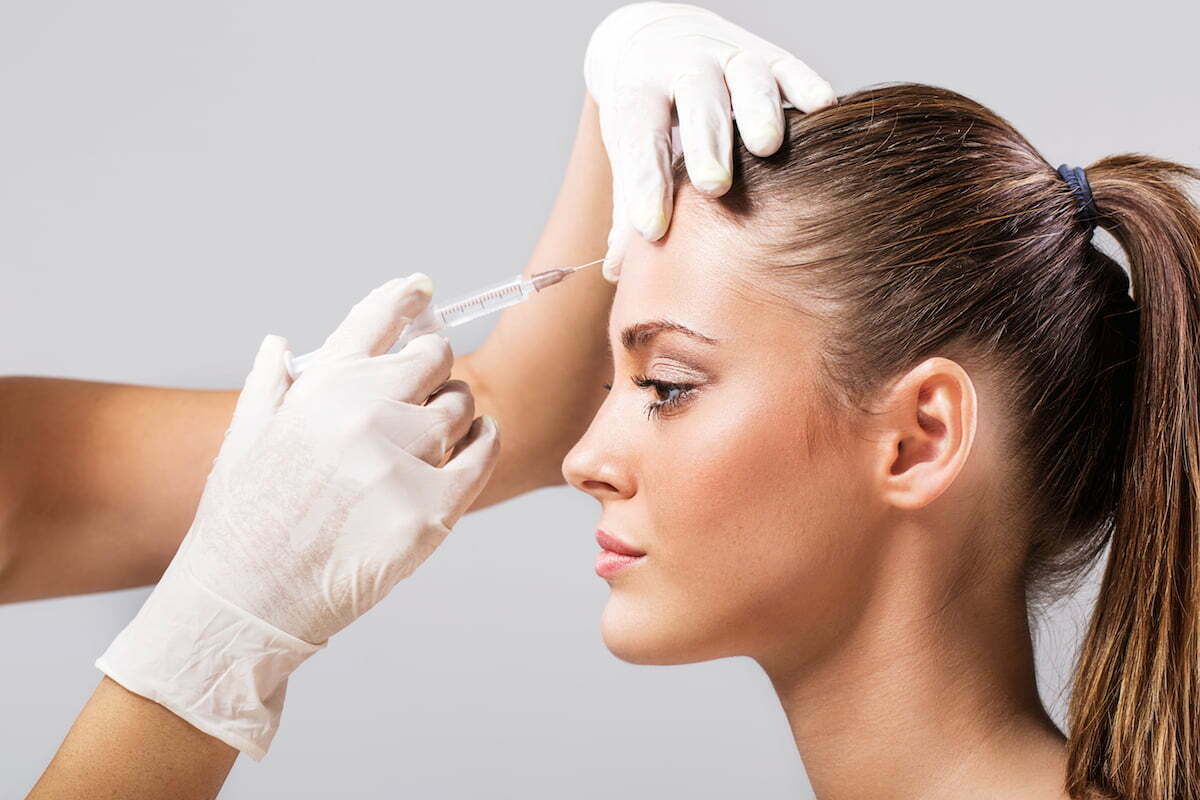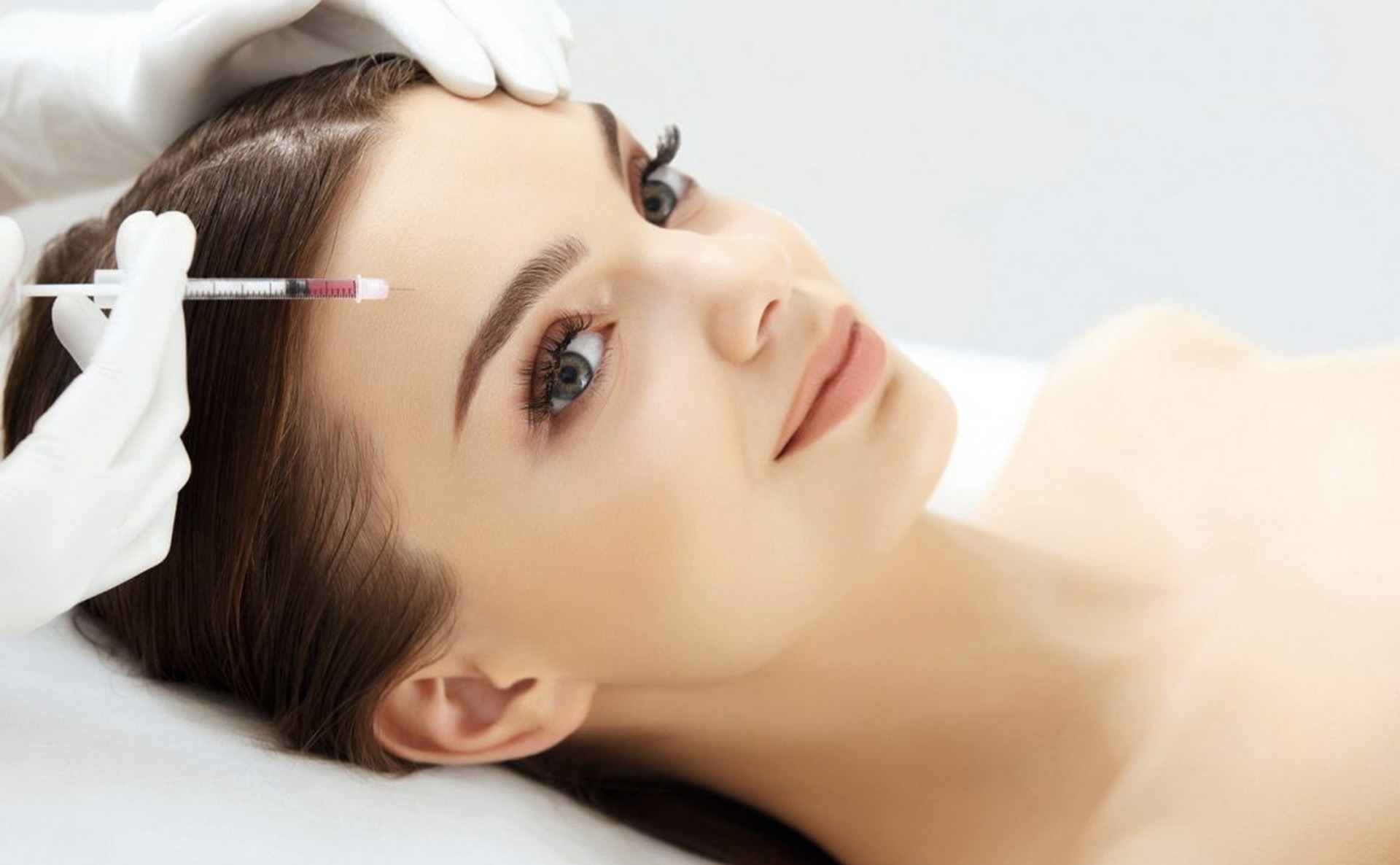Can Botox Help with Depression and Anxiety? Insights from Dubai Experts
Botox is primarily known for its cosmetic uses, particularly in reducing the appearance of wrinkles. However, recent research and expert insights suggest that Botox might also offer potential benefits for those suffering from depression and anxiety. In Dubai, where advanced medical technologies are frequently embraced, experts have started exploring Botox's therapeutic potential in mental health treatments. lets delve into Botox in Dubai.
The Link Between Botox and Mental Health
Botox, or botulinum toxin, works by temporarily paralyzing muscles. When injected into specific areas of the face, it can reduce facial expressions, especially those associated with negative emotions like frowning. This effect on facial muscles may influence brain activity, potentially impacting emotional regulation. Experts have hypothesized that by limiting the ability to express emotions through facial muscles, Botox could affect the brain's emotional processing pathways. Research suggests that the facial feedback hypothesis, which posits that facial expressions can influence emotional experiences, could be at play. This theory suggests that by inhibiting negative facial expressions, Botox might help alleviate feelings of sadness or anxiety.
Botox's Role in Treating Depression
Several studies have explored Botox's impact on depression, particularly for individuals who have not responded to traditional antidepressant medications. In many cases, these studies have demonstrated that Botox injections, when targeted at specific facial muscles, can have a noticeable improvement on mood. The connection between Botox and depression lies in the relationship between facial expressions and emotional state. A person who is unable to express a frown or furrow their brow may experience a reduction in the intensity of depressive symptoms. By altering the facial feedback loop, Botox injections could contribute to a more positive outlook, even in the absence of other therapies.

Botox and Anxiety: A New Frontier
Anxiety disorders are another area where Botox may hold promise. For individuals with anxiety, the physical manifestation of fear and stress often includes tension in facial muscles, particularly around the forehead and jaw. Botox's ability to relax these muscles may, in turn, help reduce the physical discomfort associated with anxiety. In addition to alleviating physical tension, Botox may help interrupt the cycle of anxious thoughts. By reducing the ability to visibly express anxiety through facial tension, Botox injections may signal to the brain that the body is less stressed. This can, in turn, encourage a state of calm and contribute to a reduction in overall anxiety levels.
How Botox is Administered for Mental Health
For both depression and anxiety, Botox injections are typically administered in targeted areas of the face, particularly the forehead, between the eyebrows, and around the eyes. These are the areas most commonly associated with negative facial expressions like frowning or tension. The procedure is relatively quick, with minimal downtime, making it an appealing option for individuals seeking relief from emotional distress without the need for lengthy therapy sessions or medication regimens. The effects of Botox for mental health may take a few days to become noticeable, and the benefits can last for several months, requiring follow-up treatments for ongoing relief.
Expert Opinions on Botox for Mental Health in Dubai
In Dubai, Botox is increasingly being considered as part of a holistic approach to managing mental health. While the use of Botox for depression and anxiety is still in the experimental phase, experts agree that it offers a promising avenue for those looking for alternative treatments. One of the key benefits noted by Dubai-based experts is the relatively low risk associated with Botox injections compared to pharmaceutical treatments for mental health. Since Botox is already widely used for cosmetic purposes, its safety profile is well-understood, making it a viable option for patients who are wary of potential side effects from conventional antidepressants or anti-anxiety medications.

The Future of Botox in Mental Health Treatment
As the understanding of Botox's potential benefits for depression and anxiety evolves, there is hope that more research will lead to broader acceptance of its use in mental health treatment. Dubai, with its focus on innovative healthcare solutions, may become a hub for further studies on Botox's therapeutic applications. In the future, Botox could be used in more tailored and personalized treatment plans for mental health. As more patients and practitioners explore this option, it is possible that Botox could become a standard adjunct therapy for those struggling with mood disorders or anxiety, alongside other well-established treatments.
Conclusion
Botox, traditionally associated with wrinkle reduction, is now being explored as a potential treatment for mental health conditions like depression and anxiety. By influencing facial expressions and possibly affecting the emotional processing pathways in the brain, Botox injections could provide relief for those suffering from these challenging conditions. In Dubai, the growing interest in Botox for mental health reflects the city's commitment to embracing innovative and effective treatments. While Botox is not a cure-all, experts believe that when used alongside other therapeutic approaches, it can offer significant benefits to individuals seeking to improve their mental well-being. As research in this field continues, Botox may play an increasingly important role in supporting mental health treatment in the future.
